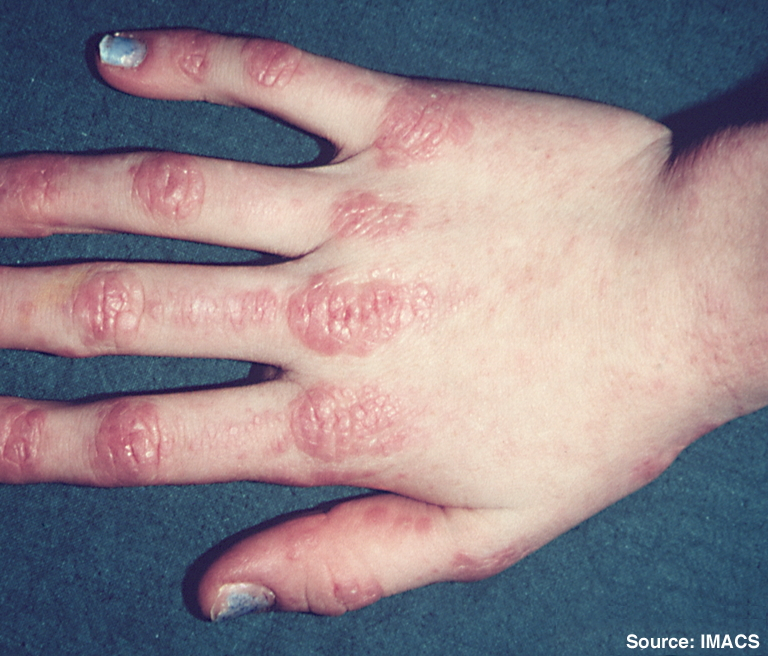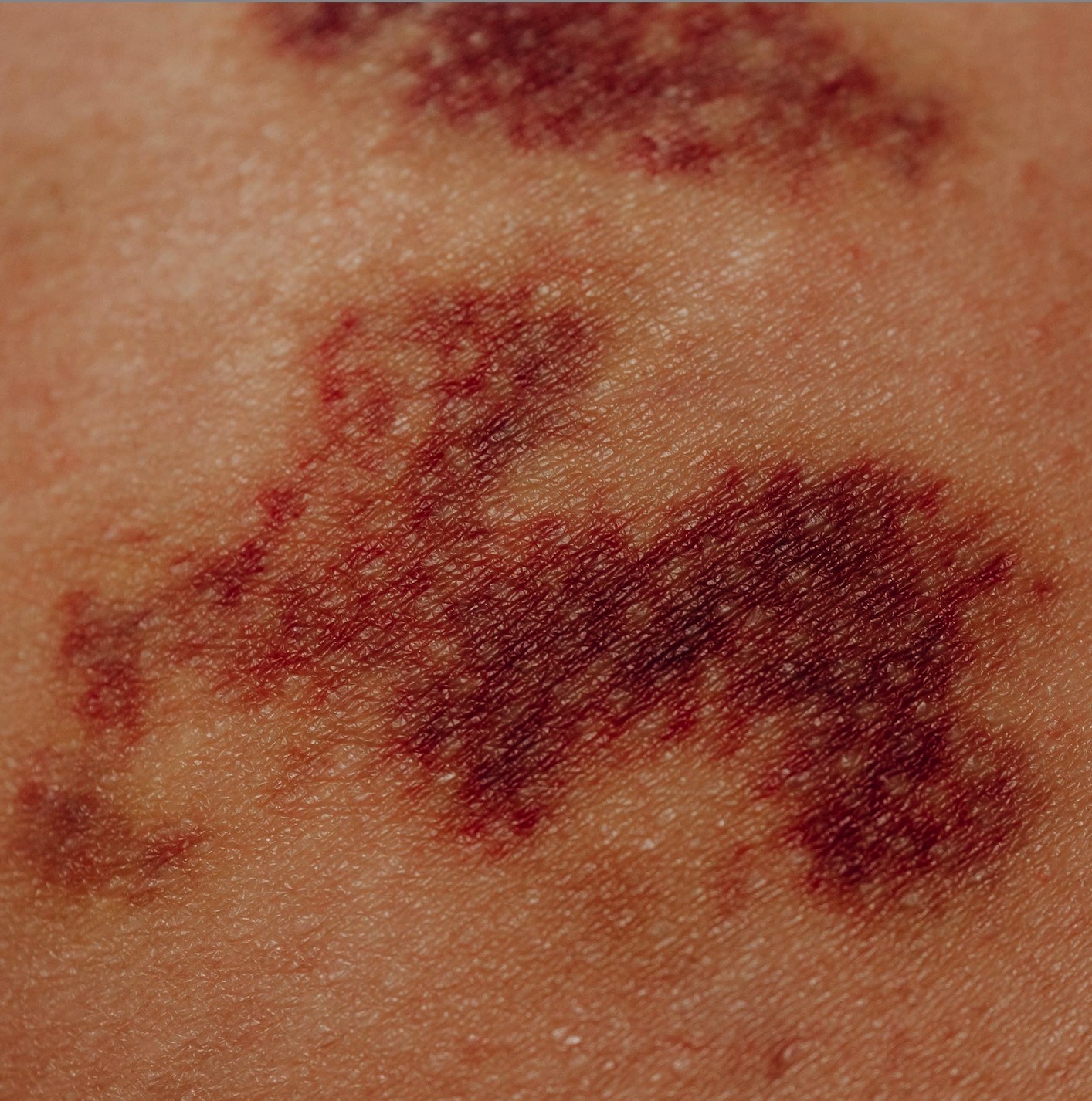Prevalence of musculoskeletal disorders in patients referred for suspected deep vein thrombosis: insights from a rheumatologist-led clinic

All claims expressed in this article are solely those of the authors and do not necessarily represent those of their affiliated organizations, or those of the publisher, the editors and the reviewers. Any product that may be evaluated in this article or claim that may be made by its manufacturer is not guaranteed or endorsed by the publisher.
Authors
Objective. To assess the frequency of deep vein thrombosis (DVT) and alternative diagnoses in patients with suspected DVT when evaluated by a rheumatologist. Secondly, to describe the distribution of different diagnoses across three Wells score categories (low, moderate, and high).
Methods. This is an observational study of patients evaluated at a DVT Clinic for suspected DVT, with a rheumatologist-supervised evaluation, performing ultrasound scans on the affected limbs and assessing their results. The obtained diagnoses were noted along with the initial Wells scores performed by the rheumatologist.
Results. 649 patients were included. DVT was confirmed in 119/649 (18.3%) cases, with musculoskeletal (MSK) disorders, particularly arthritis and knee-related conditions, being the most common alternative diagnoses (166/649, 25.6%). 288/649 (44.4%) patients did not receive a definitive diagnosis. Higher Wells scores were more common in confirmed DVT cases, while patients with MSK disorders generally had lower Wells scores, likely due to clinical assessments that identified alternative diagnoses early.
Conclusions. MSK disorders frequently present with symptoms mimicking DVT, underscoring the value of rheumatologist-led evaluations in suspected DVT cases. Further research is needed to refine diagnostic approaches for patients with DVT-like symptoms, particularly regarding the role of MSK expertise in both physical and ultrasound assessments.
How to Cite

This work is licensed under a Creative Commons Attribution-NonCommercial 4.0 International License.
PAGEPress has chosen to apply the Creative Commons Attribution NonCommercial 4.0 International License (CC BY-NC 4.0) to all manuscripts to be published.











